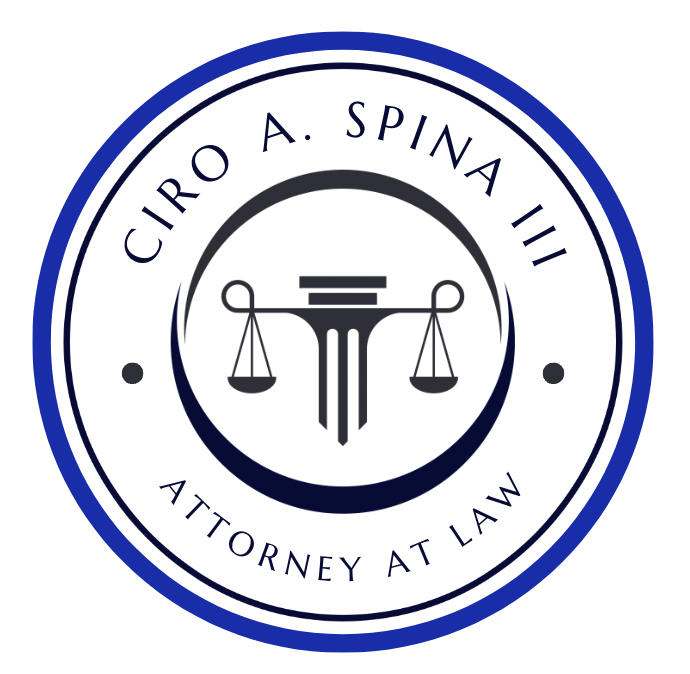Child custody is one of the most critical aspects of any divorce or separation involving children. In New Jersey, the family courts prioritize the best interests of the child when determining custody arrangements. Parents navigating this process often require legal guidance from an experienced family court attorney to ensure their rights and their child’s well-being are protected.
Understanding Child Custody in New Jersey
New Jersey law recognizes two primary types of custody:
- Legal Custody – This refers to the right and responsibility to make significant decisions regarding the child’s welfare, including education, healthcare, and religious upbringing. Legal custody can be:
- Joint Legal Custody – Both parents share decision-making responsibilities.
- Sole Legal Custody – One parent has full authority to make decisions for the child.
- Physical Custody – This determines where the child will live. Physical custody can be:
- Joint Physical Custody – The child spends a significant amount of time with both parents.
- Sole Physical Custody – The child resides primarily with one parent, while the other may have visitation rights.
Factors Considered by the Court in Child Custody Cases
The New Jersey family courts consider multiple factors to determine child custody, ensuring the arrangement serves the child’s best interests. Some key factors include:
1. The Child’s Best Interests
The paramount concern for the court is what arrangement best supports the child’s emotional, mental, and physical well-being.
2. Parental Fitness
The court evaluates the mental and physical health of each parent to determine their ability to provide a stable and nurturing environment.
3. Parent-Child Relationship
The existing bond between the child and each parent plays a crucial role in determining custody. A strong, positive relationship may increase a parent’s chances of obtaining custody.
4. Stability of the Home Environment
A stable, consistent home is essential for a child’s development. The court considers which parent can provide a more secure and structured living arrangement.
5. Co-Parenting Ability
Parents who demonstrate a willingness to communicate and cooperate in making joint decisions about their child’s upbringing are more likely to be granted joint custody.
 6. History of Domestic Violence or Abuse
6. History of Domestic Violence or Abuse
If there is evidence of domestic violence, abuse, or neglect, the court may restrict or deny custody to the offending parent.
7. Child’s Preference
If the child is of sufficient age and maturity, their preference may be considered, though it is not the sole deciding factor.
8. Parental Work Schedules and Availability
The court assesses each parent’s work schedule and availability to care for the child.
9. Distance Between Parents’ Homes
If the parents live far apart, joint physical custody may not be feasible, and the court may award primary custody to one parent.
The Role of a Family Court Attorney in Child Custody Cases
Navigating child custody laws in New Jersey can be challenging, making it crucial to seek representation from a skilled family court attorney. Here’s how an attorney can assist:
- Legal Guidance – A family court attorney helps parents understand their rights and legal options.
- Negotiation and Mediation – Attorneys facilitate negotiations between parents to reach an amicable custody agreement.
- Court Representation – If the case goes to court, an attorney presents evidence and arguments to support their client’s custody claim.
- Modification of Custody Orders – If circumstances change, an attorney can assist with modifying existing custody arrangements.
- Enforcement of Custody Orders – If a parent violates a custody order, legal intervention may be necessary to enforce compliance.
The Custody Determination Process in New Jersey
1. Filing for Custody
If parents cannot agree on custody arrangements, one parent must file a custody petition in the New Jersey Family Court.
2. Mediation Requirement
In many cases, the court mandates mediation to help parents reach a mutually acceptable custody agreement.
3. Court Hearings and Evaluations
If mediation fails, the court schedules hearings. A judge may also order a custody evaluation by a mental health professional to assess the child’s best interests.
4. Custody Determination and Court Order
The judge reviews all evidence, hears testimonies, and makes a final custody determination based on the child’s best interests. The decision is formalized in a custody order that both parents must follow.
Modifying a Custody Agreement in NJ
Custody agreements are not necessarily permanent. A parent can request a modification if there is a significant change in circumstances, such as:
- A parent relocating
- A change in work schedule affecting availability
- Concerns about the child’s safety
- A parent failing to comply with the existing custody order
A NJ family court attorney can help file a modification request and present evidence demonstrating why a custody change is necessary.
Child custody in New Jersey is determined based on what serves the child’s best interests. Factors such as parental fitness, home stability, and the ability to co-parent play a crucial role in the court’s decision. Seeking guidance from an experienced family court attorney in NJ can make a significant difference in securing a favorable custody arrangement. Whether negotiating an agreement, representing a parent in court, or modifying an existing order, an attorney ensures that both the parent’s rights and the child’s well-being are protected throughout the legal process.
Looking for an Experienced Family Attorney in NJ?
Other Posts:
Child Support Laws in New Jersey: What Every Parent Should Know

